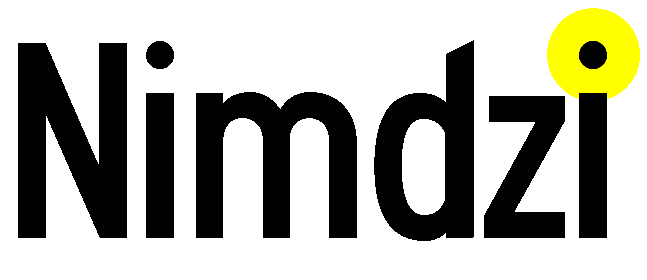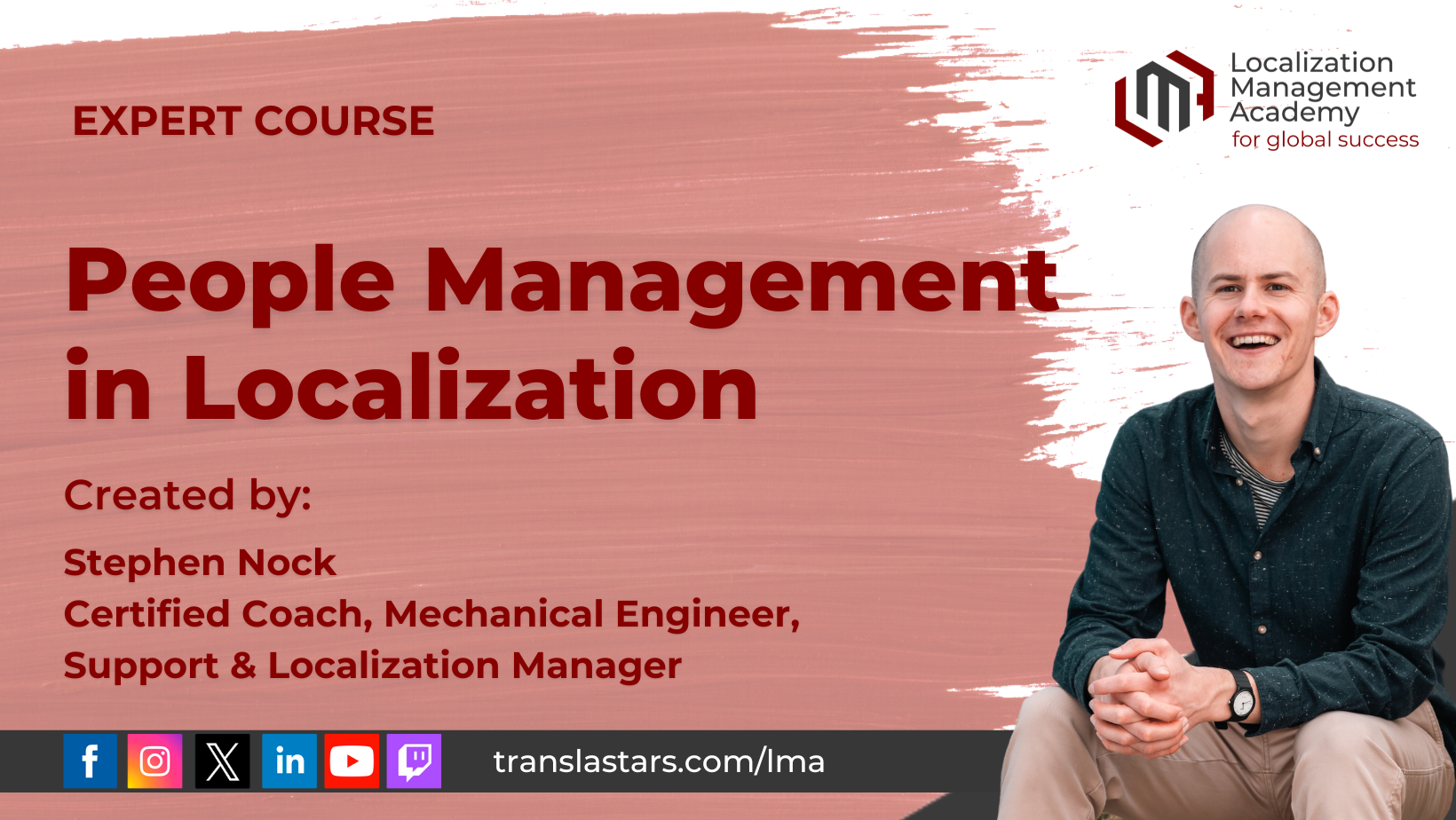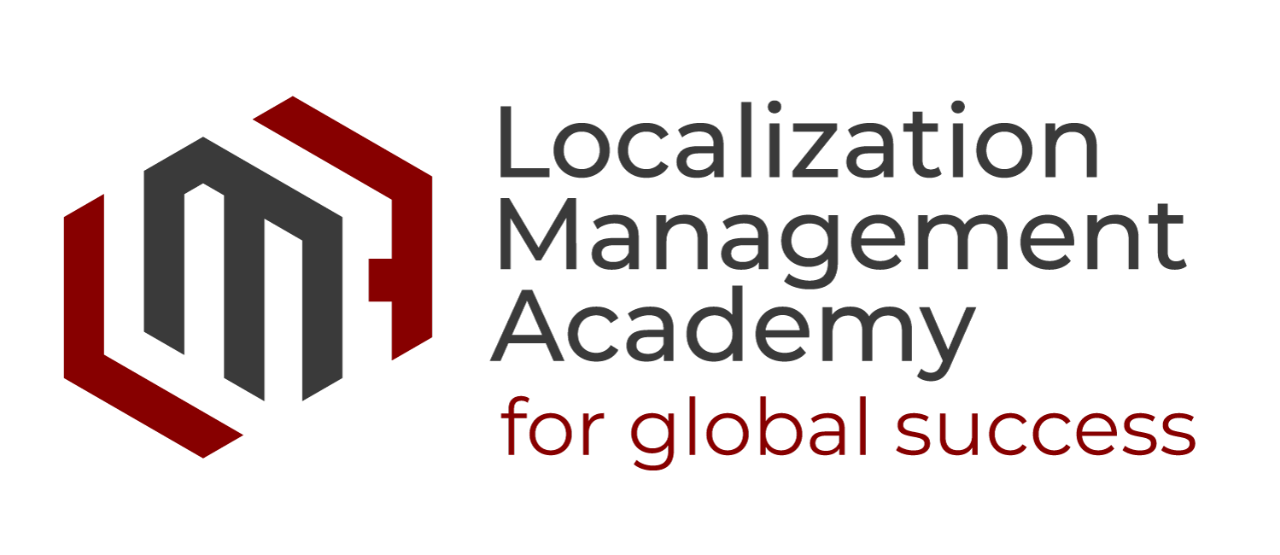Whether you’re a translator, interpreter, localization manager, language lead, or content strategist, one thing is clear: the language industry is evolving, and specialization is becoming the key to staying relevant, in-demand, and well-compensated.
In this article, we will explore why honing specific skills or focusing on niche areas not only sets you apart but also opens the door to higher pay, stronger career growth, and long-term professional resilience.
From specific fields to mastering new technologies, let’s dive deep into this new specialized language industry.
In this article, we will explore why honing specific skills or focusing on niche areas not only sets you apart but also opens the door to higher pay, stronger career growth, and long-term professional resilience.
From specific fields to mastering new technologies, let’s dive deep into this new specialized language industry.
1. Increased Demand for Expertise
While traditional areas of specialization, such as legal, medical, or marketing translation, continue to be essential pillars of the language industry, the future of high-paying translation and localization work is increasingly leaning toward skill-based specialization.
Nowadays, companies are looking for language professionals who offer more than just accuracy. They want to collaborate with partners who can navigate complex content ecosystems, manage cross-functional teams, and contribute strategically to global communication efforts.
That’s where specialized skills come in. Expertise in areas like project management, localization strategy, transcreation, program management, SEO, and even AI prompt engineering is becoming a major differentiator. These aren’t just “nice-to-have” additions, but critical skills to meet the evolving needs of global content and technology-driven workflows.
By developing and refining these skills, language professionals can position themselves not only as translators or linguists but as key players in the larger content and product lifecycle.
In one of our latest carousels about must-have skills in 2025, we had already talked about some of the upcoming core skills in 2030, according to the World Economic Forum. Among them, they mention AI and big data usage, creative and analytical thinking, motivation and self-awareness, but also curiosity and lifelong learning.
If you want to learn more about new trends and technology, think of enrolling in our Localization Management Program or joining us in our Master in AI and Innovation for Localization.
2. Higher Compensation across Roles
Whether you’re a freelance translator, an in-house linguist, a localization project manager, or a multilingual content strategist, specialization allows you to bring a distinct, high-impact value to your role. In a field where many professionals have strong language skills, it’s the added depth of expertise that truly sets you apart.
Employers and clients are increasingly looking for individuals who can do more than just “get the job done”: they want specialists who understand the intricacies of their domain and can solve problems that go beyond words.
That might mean having in-depth regulatory knowledge for compliance-heavy industries, mastering specific CAT tools to streamline workflows, bringing a UX perspective to content localization, or integrating AI solutions into language processes.
These advanced skills demonstrate not only technical competence but also strategic thinking. Specialization, in this sense, becomes a gateway to leadership, innovation, and higher compensation.
Employers and clients are increasingly looking for individuals who can do more than just “get the job done”: they want specialists who understand the intricacies of their domain and can solve problems that go beyond words.
That might mean having in-depth regulatory knowledge for compliance-heavy industries, mastering specific CAT tools to streamline workflows, bringing a UX perspective to content localization, or integrating AI solutions into language processes.
These advanced skills demonstrate not only technical competence but also strategic thinking. Specialization, in this sense, becomes a gateway to leadership, innovation, and higher compensation.

Although the common sense of fear and uncertainty is widely spreading among language professionals, the translation industry seems to be growing, and that’s what Nimdzi states about that: “We estimate that the language services industry reached USD 71.7 billion in 2024 and project it to grow by 5.6% to USD 75.7 billion in 2025”.
3. Specialization Builds Career Resilience
With the rise of automation, AI-driven tools, and rapid shifts in global communication, the way we work is evolving at an unprecedented pace. While these changes bring exciting opportunities, they also introduce uncertainty, especially for professionals whose roles are more general or task-based. In this context, specialization acts as a safeguard.
Specialists are far less likely to be replaced by generic tools or automated solutions. Why? Because their work requires more than just linguistic competence.
It demands judgment and a deep understanding of specific industries or skill sets. And that’s what we read in The 2025 Nimdzi 100: “human cultural and language expertise in supply chains is not less but more valuable than ever”.
Whether it’s adapting a complex legal text, localizing user experiences across cultures, or aligning content with SEO strategy, these tasks call for human insight that machines simply can’t replicate at a high level.
As startegists, we are often asked to lead teams of specialists. Learn how to manage localization teams in our course "People Management in Localization".
Specialists are far less likely to be replaced by generic tools or automated solutions. Why? Because their work requires more than just linguistic competence.
It demands judgment and a deep understanding of specific industries or skill sets. And that’s what we read in The 2025 Nimdzi 100: “human cultural and language expertise in supply chains is not less but more valuable than ever”.
Whether it’s adapting a complex legal text, localizing user experiences across cultures, or aligning content with SEO strategy, these tasks call for human insight that machines simply can’t replicate at a high level.
As startegists, we are often asked to lead teams of specialists. Learn how to manage localization teams in our course "People Management in Localization".

4. Long-Term Career Growth
One of the most overlooked advantages of specialization is the long-term career stability it brings. In a market where trends shift quickly and competition can be fierce, being a specialist gives you a clear path forward.
While generalists may find themselves constantly searching for the next opportunity or competing in crowded, low-margin spaces, specialists often enjoy a more consistent and rewarding career trajectory.
That’s because clients and employers tend to return toprofessionals who offer targeted expertise. Whether it’s a localization strategist who understands the nuances of global product launches or a translator deeply familiar with medical regulations, these are the kinds of professionals organizations learn to trust and rely on.
Over time, this trust turns into lasting relationships, repeat work, and a growing reputation.
While generalists may find themselves constantly searching for the next opportunity or competing in crowded, low-margin spaces, specialists often enjoy a more consistent and rewarding career trajectory.
That’s because clients and employers tend to return toprofessionals who offer targeted expertise. Whether it’s a localization strategist who understands the nuances of global product launches or a translator deeply familiar with medical regulations, these are the kinds of professionals organizations learn to trust and rely on.
Over time, this trust turns into lasting relationships, repeat work, and a growing reputation.

5. Professional Reputation and Networking
Specialization doesn’t just boost your skills; it also helps you build a strong professional identity. When you focus on a specific area or service, you naturally begin to develop a reputation within that space.
Over time, your name becomes associated with quality, reliability, and deep knowledge in your niche. This makes it much easier for people to remember you, recommend you, and reach out when a project or position calls for exactly what you offer.
In specialized circles, word travels fast. Colleagues refer you. Clients introduce you to others. Recruiters take notice. This kind of recognition can open doors to high-profile clients, collaborative projects, speaking opportunities, and leadership roles.
Over time, your name becomes associated with quality, reliability, and deep knowledge in your niche. This makes it much easier for people to remember you, recommend you, and reach out when a project or position calls for exactly what you offer.
In specialized circles, word travels fast. Colleagues refer you. Clients introduce you to others. Recruiters take notice. This kind of recognition can open doors to high-profile clients, collaborative projects, speaking opportunities, and leadership roles.
6. More Focused Professional Development
One of the often-overlooked benefits of specialization is how it streamlines and accelerates your professional growth. When you're not trying to cover everything under the sun, you can focus your time and energy on building true expertise in the areas that matter most to your work. This focus allows you to be more intentional and strategic about your learning path.
Instead of jumping from topic to topic, you can master industry-specific tools, stay current with evolving regulations, understand the latest trends in your field, and become fluent in emerging technologies like AI-assisted workflows.
You can also choose learning experiences that directly support your niche, such as attending specialized conferences, joining targeted professional communities, or pursuing certifications that align with your goals.
As a matter of fact, we see on Nimdzi that “requests from buyers are becoming more specific and demanding, particularly in high-impact areas like healthcare and transcreation”.
This kind of focused development makes your expertise more visible and impactful. Over time, it becomes a virtuous cycle: the more you specialize, the more targeted your growth becomes, and the more your value increases in the eyes of clients, employers, and peers.
Instead of jumping from topic to topic, you can master industry-specific tools, stay current with evolving regulations, understand the latest trends in your field, and become fluent in emerging technologies like AI-assisted workflows.
You can also choose learning experiences that directly support your niche, such as attending specialized conferences, joining targeted professional communities, or pursuing certifications that align with your goals.
As a matter of fact, we see on Nimdzi that “requests from buyers are becoming more specific and demanding, particularly in high-impact areas like healthcare and transcreation”.
This kind of focused development makes your expertise more visible and impactful. Over time, it becomes a virtuous cycle: the more you specialize, the more targeted your growth becomes, and the more your value increases in the eyes of clients, employers, and peers.

Conclusion
In an industry as dynamic and multifaceted as language services, one thing is clear: specialization is a strategic advantage. Whether you're working freelance, in-house, or leading multilingual teams, carving out a niche allows you to elevate your value, command higher rates, and shape a more stable, fulfilling career.
By focusing your efforts on a specific domain or skill set, you not only deepen your expertise but also strengthen your professional identity. You become known, trusted, and sought-after. And as the language industry continues to evolve, it will be the specialists who lead the way.
So ask yourself: what do you want to be known for? That answer might just be the key to unlocking the next chapter of your career, and we are right here to help you.
By focusing your efforts on a specific domain or skill set, you not only deepen your expertise but also strengthen your professional identity. You become known, trusted, and sought-after. And as the language industry continues to evolve, it will be the specialists who lead the way.
So ask yourself: what do you want to be known for? That answer might just be the key to unlocking the next chapter of your career, and we are right here to help you.
If you liked this article, read also:





